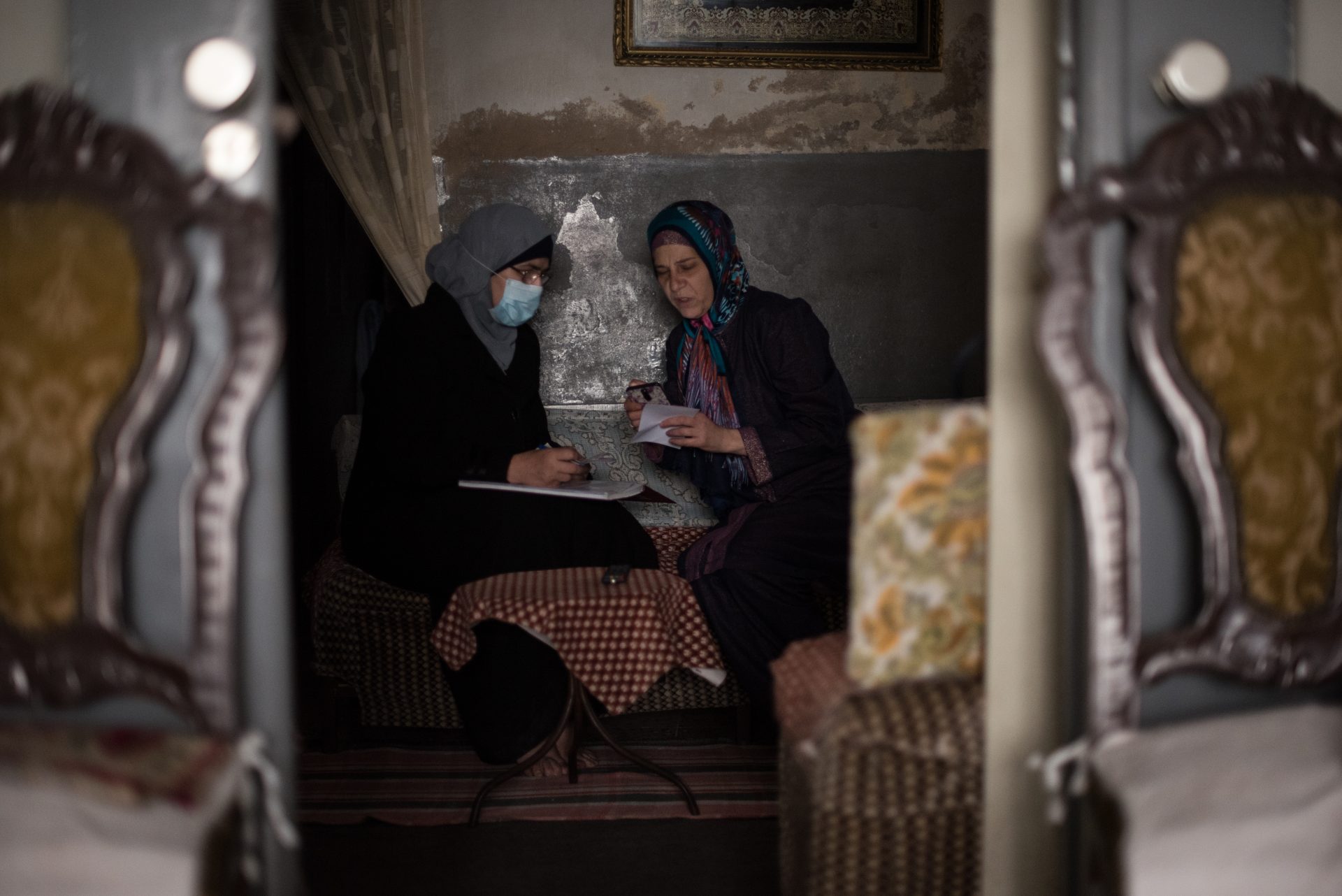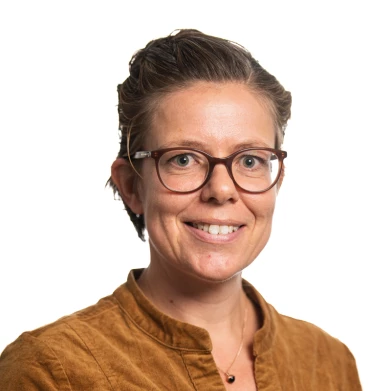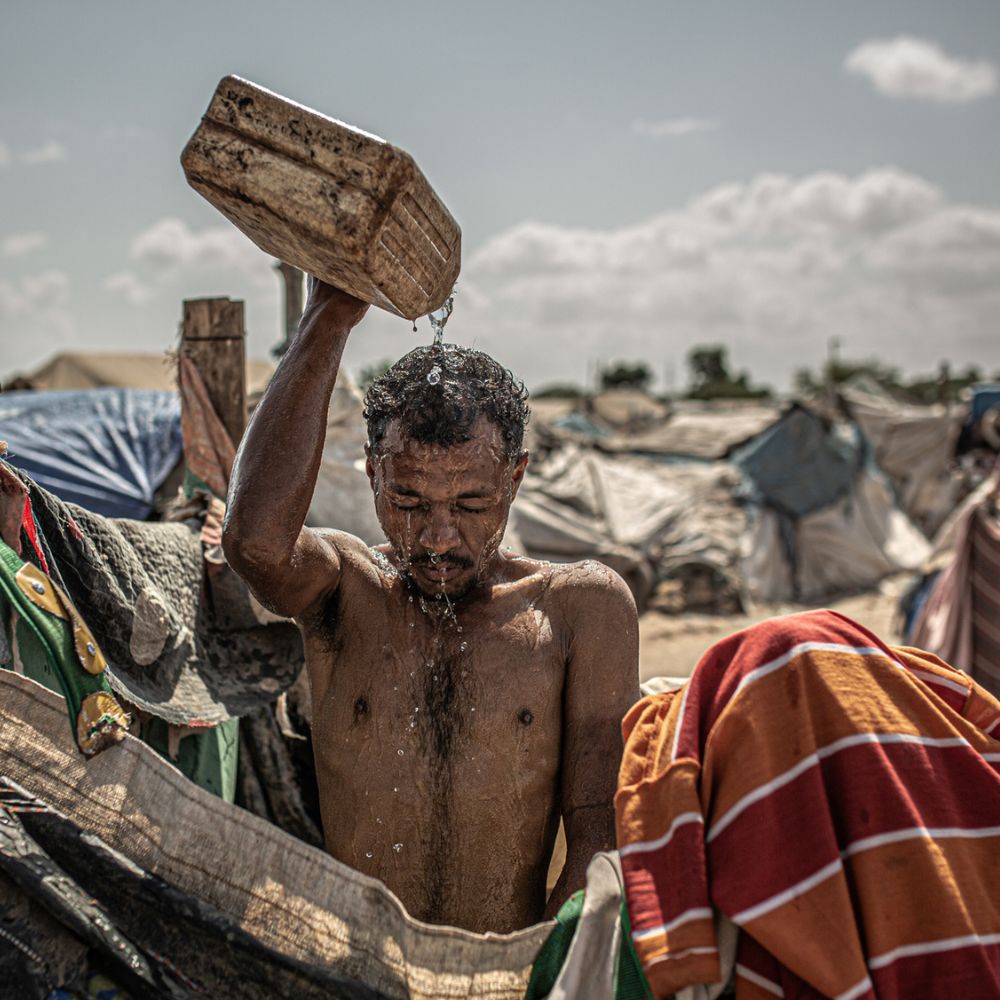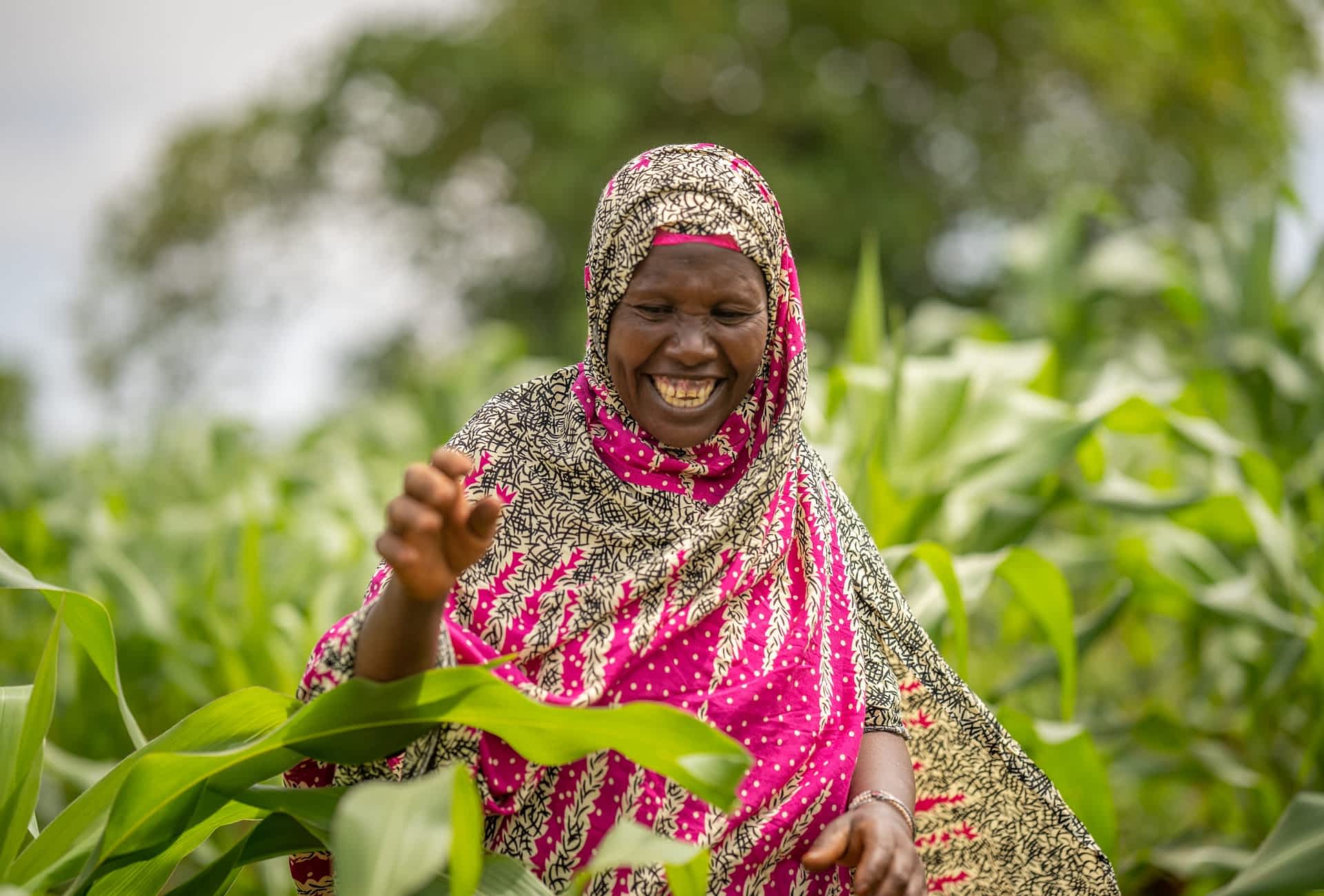Protection, resilience and self-reliance in Lebanon and Syria
More than a decade has passed since the onset of the Syrian crisis, yet its devastating impact continues to shape the lives of millions. Livelihood opportunities are in steep decline, food insecurity is on the rise, and living conditions are deteriorating rapidly. As of 2024, an estimated 16.7 million people in Syria are in need of humanitarian assistance, including 5.5 million who remain displaced.
The crisis has also placed immense strain on neighboring Lebanon. As the country struggles with its own economic collapse and social unrest, its ability to support displaced Syrian communities is critically limited. Refugees and host populations alike face daily hardship and diminishing prospects.
Compounding this fragility are a series of interconnected challenges: the fuel crisis, the long-term effects of COVID-19, overstretched health systems, deepening poverty, and rising levels of crime and violence.
Urgent humanitarian action is vital, not only to meet immediate needs, but to help build resilience and stem the rapid decline in living conditions. Without sustained support, both Syria and Lebanon risk facing further humanitarian and social breakdown.

Photo: Natheer Halawani
The project
The project aimed to improve access to water, sanitation and hygiene, enhance resilience through skills training and strengthen capacity of civil society organizations in Syria and Lebanon.
The most vulnerable households received emergency cash grants, ensuring they can afford necessities and enabling them to begin income generating activities. To supplement this, Oxfam trained local communities in business development and agricultural practices to develop livelihood opportunities.
Hygiene facilities are essential to ensure a good standard of living, enable women and girls to participate in education and livelihood activities and prevent the spread of diseases such as Covid-19. Through our local partners, we rehabilitated infrastructure in vulnerable communities and supported the menstrual hygiene needs women and girls in Lebanon, delivering menstrual hygiene kits and providing awareness raising sessions.
In situations of conflict and displacement, women and girls experience high levels of gender-based violence. To respond to this, we provided accessible protection services to women, enabling the referral and appropriate management of gender-based violence cases and ensuring access to vital services such as legal aid and case management for cases of deportation and eviction.
Time period and funding
This project ran for 2 years between 2022-2024 and was supported by Danida with 18 million DKK.
Countries: Lebanon and Syria
Results
In Lebanon, over 4,600 people gained access to safe water and sanitation services, with additional support for menstrual hygiene and awareness of gender-based violence. In Syria, rehabilitation projects provided safe water to more than 20,000 people and improved sanitation for 55,000 locals, alongside hygiene programs in schools benefiting more than 10.000 students.
Moreover, the project boosted the participation of 630 small farmers, providing support such as seeds, fertilizer, cash assistance, and technical training. 100 young people received training in business and life skills and facilitated coordination with stakeholders. By the end of the project, 71% of participants were employed.
Additionally, studies were conducted on migration, returns, and menstrual hygiene management in both countries and an online information-sharing mechanism was established for refugees and internally displaced persons.
Pia Dyrhagen
Interim International Programme Director
International Programme


